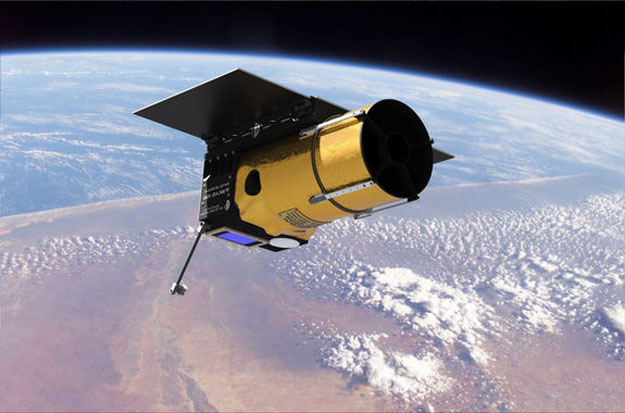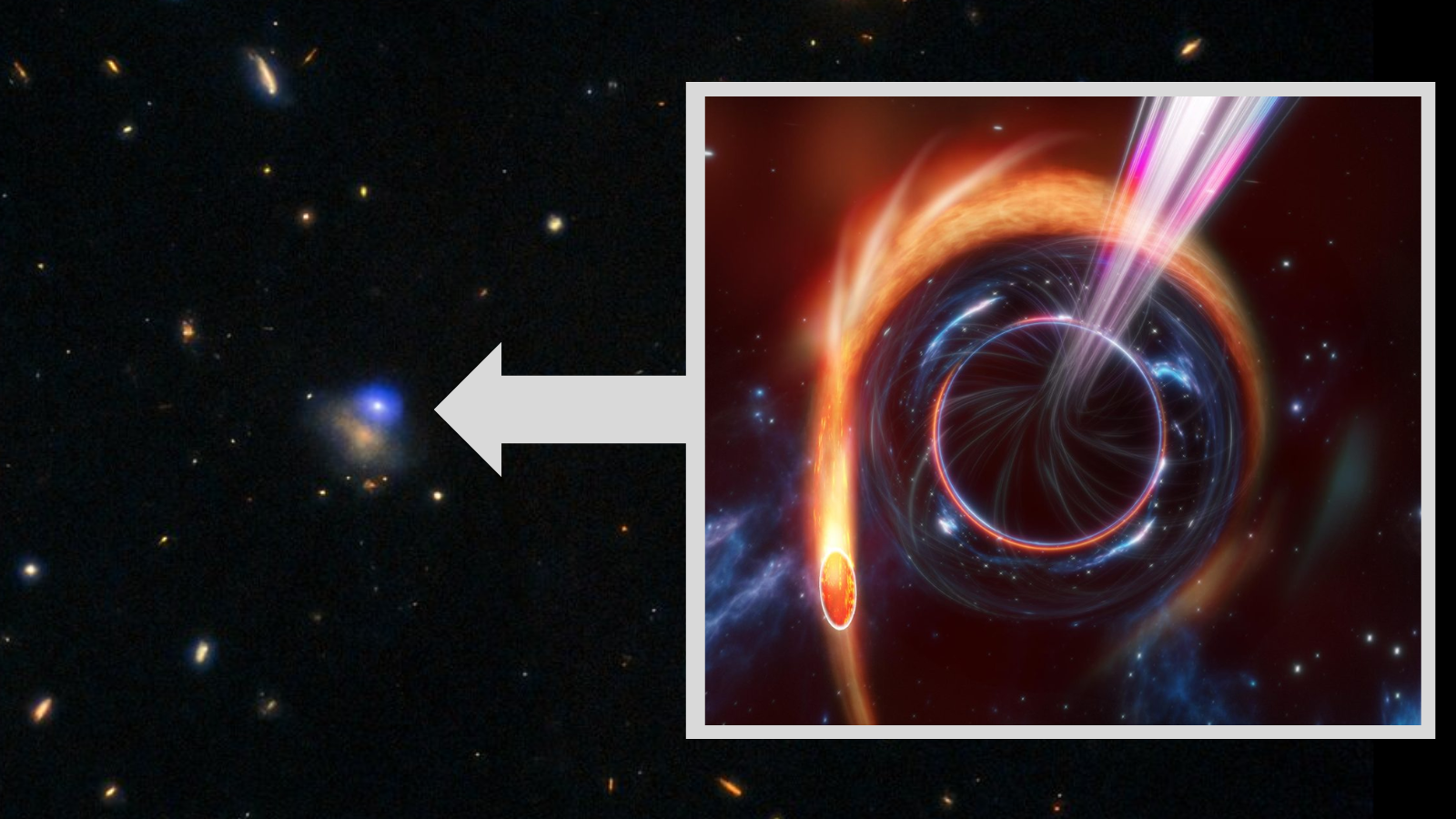'Space Selfies' Scrapped, But Asteroid Mining Company Raises $21M

The asteroid-mining company Planetary Resources recently raised more than $20 million in venture funding, but also had to shut down a crowdfunded space telescope due to a lack of financial interest.
The $21.1 million in "Series A" money will be used for an Earth-observation project called Ceres, which Planetary Resources said will use infrared and hyperspectral sensors to help manage natural resources on Earth.
The Ceres system will be mounted on a constellation of 10 Arkyd 100 satellites in low Earth orbit, and will have applications ranging from agriculture to water-quality monitoring to forestry. A launch date was not announced. [How Asteroid Mining Could Work (Infographic)]
"While typical satellite imagery provides only a picture, Ceres will provide actionable data with higher spectral resolutions — going beyond what the human eye can see — by measuring thermographic properties and detecting the composition of materials on Earth's surface," Planetary Resources representatives said in a statement.
In a separate announcement on the crowdfunding site Kickstarter, however, Planetary Resources said it will not be able to continue with a special public-access version of Arkyd, which received $1.5 million in funding from individual backers through June 2013. All people who gave money to that project will receive a full and immediate refund.
The public-access telescope was intended to look at science targets chosen by the public, and included rewards such as space "selfies," in which backers' pictures would be photographed by the instrument while in orbit.
"Aside from all the progress we made in the underlying technology, the follow-on interest from the business and educational sectors to expand the Arkyd campaign into a fully supported mission did not exist as we had anticipated," Planetary Resources representatives said in a post on Kickstarter. "We have explored and exhausted a variety of opportunities big and small for the financial backing necessary to complete the project."
Breaking space news, the latest updates on rocket launches, skywatching events and more!
As for Ceres, Planetary Resources said the technology will first be demonstrated in space aboard the company's Arkyd 6 spacecraft, which is scheduled for launch this year aboard a SpaceX Falcon 9 rocket.
The Series A funding was led by Bryan Johnson and the OS Fund. Other backers include Google's Larry Page, Idea Bulb Ventures, Tencent, Vast Ventures, Grishin Robotics, Conversion Capital, The Seraph Group, Space Angels Network and a group of investors from Angel.co, Planetary Resources representatives said.
Planetary Resources plans to mine asteroids when doing so is technologically and economically feasible, the company has said. For the moment, the company said it is focused on developing its technology and using telescope surveys to identify and characterize asteroids that could be suitable targets for mining.
Follow Elizabeth Howell @howellspace, or Space.com @Spacedotcom. We're also on Facebook and Google+. Original article on Space.com.

Elizabeth Howell (she/her), Ph.D., was a staff writer in the spaceflight channel between 2022 and 2024 specializing in Canadian space news. She was contributing writer for Space.com for 10 years from 2012 to 2024. Elizabeth's reporting includes multiple exclusives with the White House, leading world coverage about a lost-and-found space tomato on the International Space Station, witnessing five human spaceflight launches on two continents, flying parabolic, working inside a spacesuit, and participating in a simulated Mars mission. Her latest book, "Why Am I Taller?" (ECW Press, 2022) is co-written with astronaut Dave Williams.
